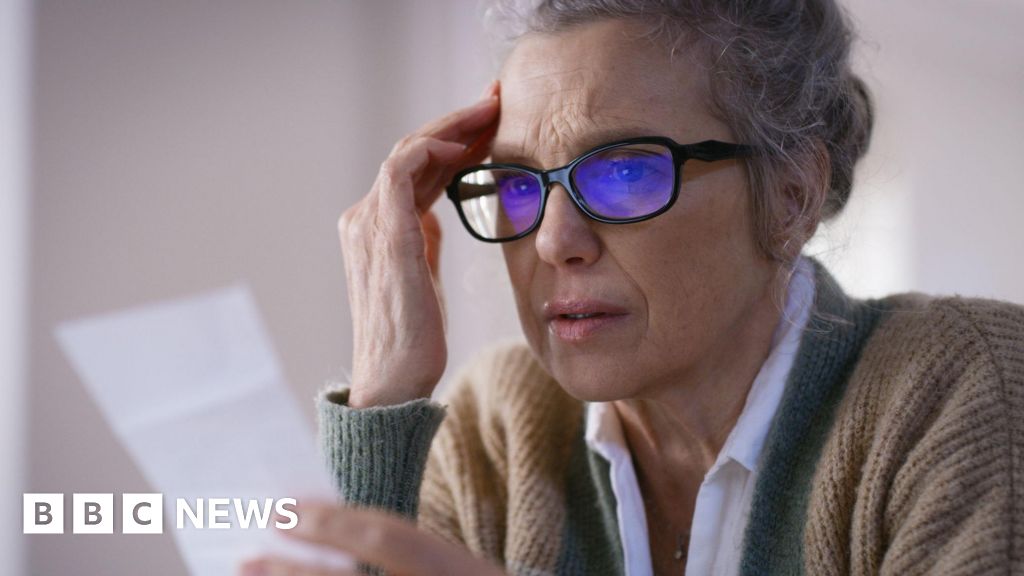Changes to a key disability benefit called Personal Independence Payment (PIP) are being considered by the government as it tries to cut welfare spending. PIP is paid to people who have difficulty completing everyday tasks or getting around as a result of a long-term physical or mental health condition. Sir Keir Starmer is facing pressure from some MPs and charities, who say vulnerable people could lose out if the rules for qualifying are tightened or payments changed.
There are two elements to PIP – a daily living component and a mobility component. Claimants may be eligible for one or both. Daily living covers areas such as requiring help with preparing food, washing, reading and managing your money. The mobility element includes physically moving around or getting out of your home. For each, there are two categories of payment – standard and, for those with greater needs, enhanced.
For daily living:
* The standard rate is £72.65 per week
* The enhanced rate is £108.55 per week
For mobility:
* The standard rate is £28.70 per week
* The enhanced rate is £75.75 per week
PIP is usually paid every four weeks and is tax-free. It does not change depending on your income and does not count as income affecting other benefits, or the benefit cap. You can get PIP if you are working.
More than 3.6 million people currently claim PIP. The payments are made in England, Wales and Northern Ireland. In Scotland, there is a similar but separate benefit called the Adult Disability Payment. Claimants are assessed and scored for how much help is needed for each of a series of daily living and mobility tasks, in a process which has prompted considerable debate and controversy.
Source link




